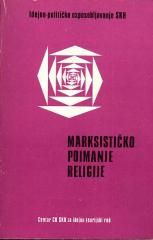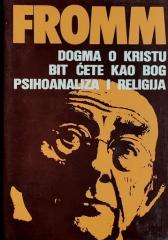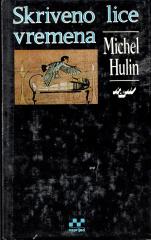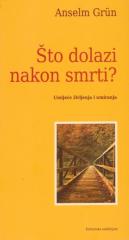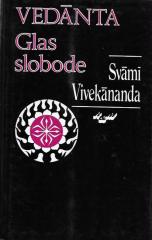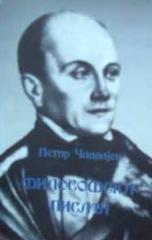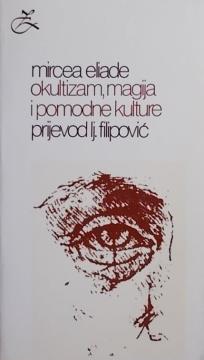
Okultizam, magija i pomodne kulture: Eseji s područja komparativne religije
Mircea Eliade, the founder of comparative religion, demystifies contemporary fashions of occultism and magic in this collection of six essays as reflections of ancient religious impulses in a secular age that unknowingly inherits archaic patterns.
In the preface, Eliade emphasizes that this is not sensationalism, but a history of religions that explains cultural phenomena.
"Fashionable Cultures and the History of Religion" analyzes youth subcultures, drugs, and UFOs as modern initiations and shamanistic visions, searching for the transcendent in the profane.
"The World, the City, the House" criticizes urban alienation from the cosmos, emphasizing the symbolism of the house as a microcosm in traditional cultures, contrasting it with modern concrete jungles.
"Mythologies of Death: An Introduction" compares primitive myths about death (as a cosmic error) with occult attempts at immortality, such as alchemy and spiritualism.
"The Occult and the Contemporary Zeitgeist" interprets the flowering of occultism (Theosophy, astrology) as a rebellion against materialism, linking it to romanticism and the irrational.
"Witches and the Ancient Religion of the Dacians" explores witchcraft in Thracian mythology as a relic of matriarchal cults, with parallels in European folklore.
"Hell and Modern Man" sees hell in modern literature (Dante, Sartre) as a metaphor for existential emptiness, where occultism offers false solace.
Eliade concludes: in an era without the sacred, man's restlessness leads through fashions towards the lost sacred. The book is a bridge between myth and modernity, crucial for understanding spiritual crises.
One copy is available
